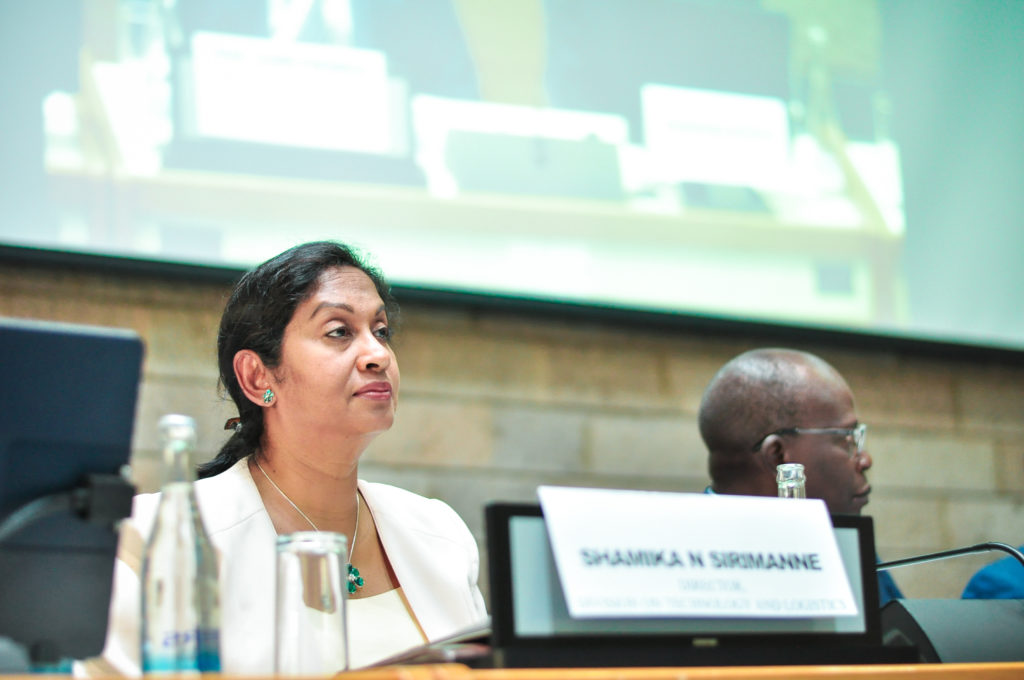During the Annual Scientific Forum at Pretoria, United Nations Conference on Trade and Development (UNCTAD) announced a new technological assessment project that it intends to deploy in several African countries.
"Science, Technology and Innovation should drive recovery from Covid-19"
“Science, Technology and Innovation are expected to drive recovery from Covid-19. Technology can provide solutions to many development problems, and new and emerging technologies can improve access to modern energy services and improve agricultural productivity and livelihoods. But a deeper understanding of the full spectrum of changes, that these technologies can trigger in different socio-economic contexts, especially in developing countries, is needed”, recommends the institution.

According to Shamika N. SIRIMANNE, Manager of Logistics and Technology of UNCTAD, “the project, which focuses on high potential agricultural and energy sectors, aims to help decision makers and other stakeholders in target countries in Africa to design and implement a technology assessment exercise in both sectors and to use technologies as catalysts for sustainable development”. Technology assessments are essential for African countries as many are unaware of their capacities to adopt and adapt technologies to achieve development goals. She added: “Sharing experiences and lessons learned will also be important for African countries to benefit from a network learning effect.”
"With health systems already vulnerable, the African region is also vulnerable to the double whammy of energy insecurity and food insecurity"
UNCTAD believes that projects of this type contribute significantly to creating pathways to achieve and progress towards the Sustainable Development Goals (SDGs), particularly in developing countries. UNCTAD experts defend that: “Technology assessments can help build resilience and recovery from future emergencies by enabling developing countries to identify sustainable ways to integrate technological solutions. In this time of severe socio-economic constraints, the strategic relevance of the energy sector to fuel people's daily lives is becoming increasingly clear. But the 600 million Africans living in rural areas, still without electricity, haven’t been able to adapt to the new normal under the restrictions of the coronavirus pandemic, without access to the internet, and therefore with a more limited participation.”
"We have the opportunity to develop a recovery plan to rebuild better, then ensure a cleaner, greener, healthier and less unequal world…"

“This project will help countries consider appropriate methodologies for conducting technology assessments to address sustainable development issues in a constructive and inclusive manner at the community level, including women and marginalized groups” added Shamika N. SIRIMANNE before concluding: “We have the opportunity to develop a recovery plan to rebuild better, then ensure a cleaner, greener, healthier and less unequal world. And I hope this project will contribute to our accelerated efforts to achieve meaningful progress in the Decade of Action to 2030.”
As very few technology assessment capacity building workshops are held on the continent, the UNCTAD project will revolve around a series of capacity building workshops and consultative sessions participating in the development of action plans in each target country.
South Africa is one of the first countries to participate in the project, which will start in early 2021 . UNCTAD will serve as the lead entity in the execution of the project with the functional and logistical support of UNEP, FAO, ECA and UNDP.





